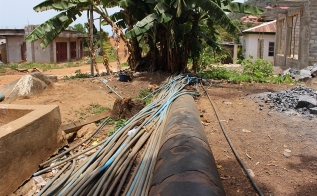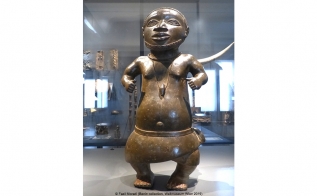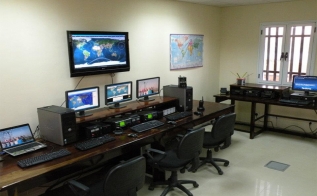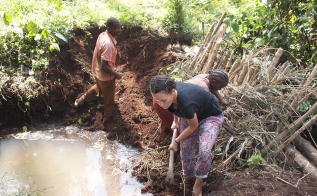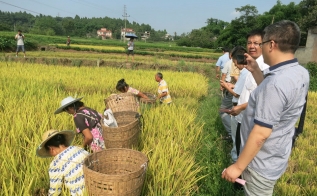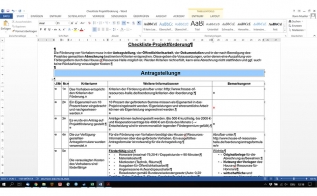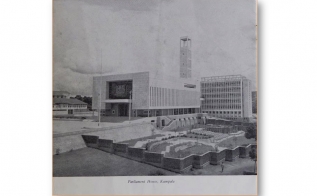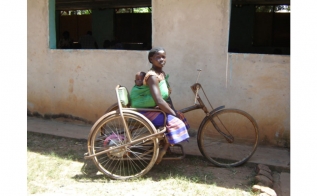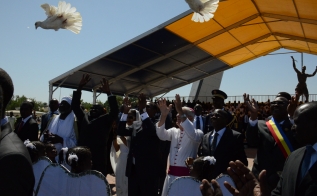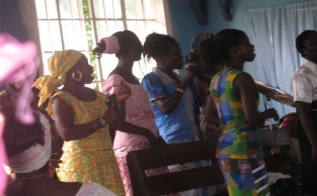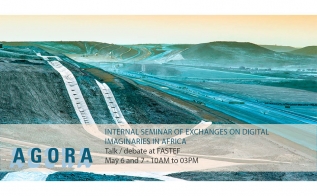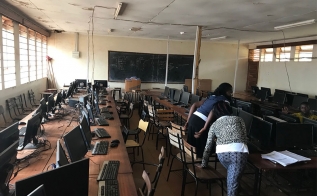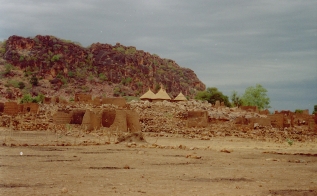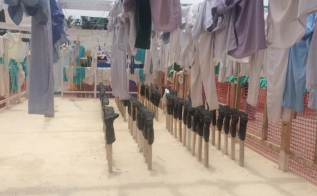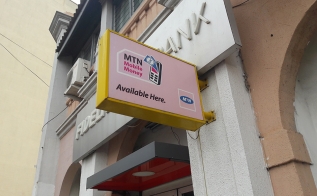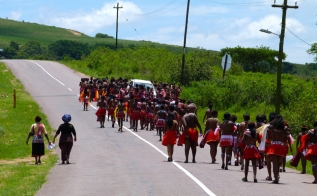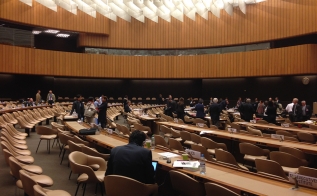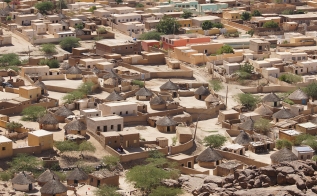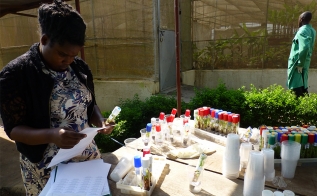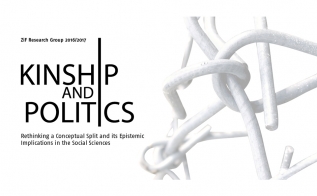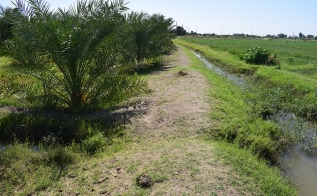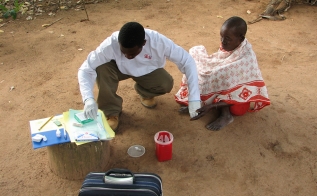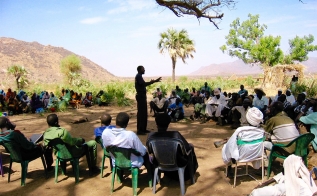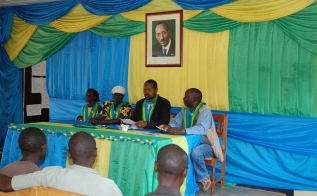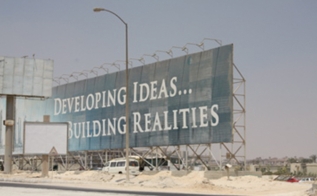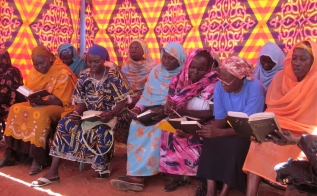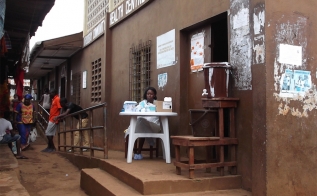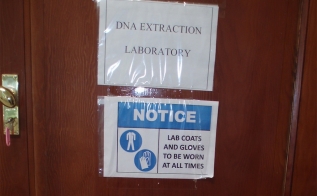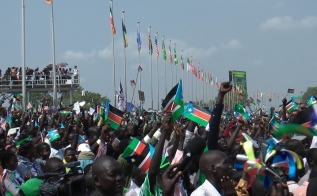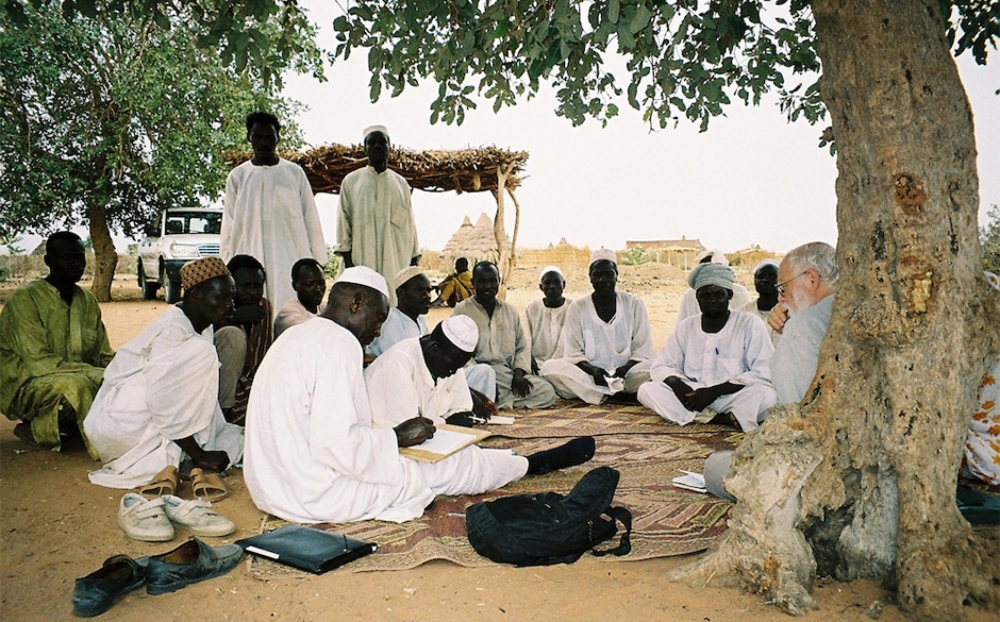
Description
The project was designed as a second follow-up to the project “Significations of oil and social change in Niger and Chad” (2011-13 and 2013-2015). It carries the same title and aimed at completing, supplementing, and further developing in empirical and theoretical scope the work and results of the first and second project phases. In the two previous project phases, the project team developed a distinctly anthropological perspective on societal transformations in the newly emerged African oil states of Niger and Chad. We maintain our methodological focus on observing the practice of re-ordering and re-spacing in and around the new Chadian and Nigerien oil production and refining sites as well as in the oil states capitals. While our theoretical focus slightly shifted from significations in the first project phase to technologies in the second project phase, we propose another shift to the question of how narratives and technologies of oil trigger re-negotiations and alterations in the perception of space. The shift to spatiality builds on the knowledge we have assembled so far and includes our newly gathered material concerning orders created by security measures, architecture, financial politics, forms of claim-making and blaming as well as the interaction with new business partners. This shift contributes to our underlying commitment to investigate into the workings of creativity and adaptation in the making and unmaking of order.
‘Space’ as negotiated between technical systems, inscription and social construction has been applied to the analysis of resources in several recent publications. We follow this approach developed in Science and Technology Studies (STS) and make use of the findings provided by Tsing’s (2003; 2005) underlying notion of “resource frontiers”, which Michael Watts develops further into a political geography of oil in Nigeria. He brings forth the notions of “(un)governable spaces” produced by petro governance (Watts 2004) and of “oil frontiers” that extend in the process of capital accumulation by dispossession (Watts 2012). Andrew Barry coined the spatially related term of “technological zones” that emerge due to technologies of standardization during oil exploitation (Barry 2006), and of “oil corridors” that develop around oil infrastructures like pipelines (Barry 2013). James Ferguson (2005) looked at the spatial effects of “oil enclaves”. He sees oil production sites in poor countries in close connection with global capitalist structures, while he maintains that these enclaves’ surroundings remain in isolation thus separating an Afrique utile, the economically useful, that is governed by multinational corporations and nation states from an Afrique inutile, the economically worthless parts, that is governed by NGOs.
From the beginning of our research, our findings led us to question the concept of “oil enclaves” and to develop new figurations of space in connection to the technological systems that always come along with oil production. Schritt and Behrends (forthcoming) show that in contrast to the ‘Western’ approach that could be framed as ‘points of profit-’ or ‘enclave approach’, China engages in large-scale industrialization and infrastructural modernization projects that allow for the building up of network-style spatial connections and linkages. Furthermore, as Schareika (forthcoming) and Behrends & Hoinathy (forthcoming) show, the oil economy is not actually as detached from its immediate social, political, economic and environmental surroundings as for example Ferguson (2005) and Nicolas Donner (2011) have it. To the contrary, oil production vehemently manifests itself in the far-reaching reorganization of land and property, the control and restriction of movement, reaching into the micro-spaces of reordering social ties and relations. At the same time, we also observe new economic and social relations between internationally operating oil companies and locally operating merchants and employees as effects of oil production. The findings we gathered so far (in Phase I and the first half of Phase II) concerning the focus points of significations (Phase I) and technologies / materiality (Phase II) now feed into the perspective of understanding the practice of spatial ordering – connecting, disrupting, redefining, opening up or closing new spaces – as it enables the emergence of new orders and subjectivities.
With the threefold entry points to the study of oil in our project’s three program phases (signification, technology, spatialisation), we aimed at contributing to the three thematic clusters envisaged for publishing the Priority Program’s overall results: 1) circulating technologies and their institutionalization 2) space-making ordering practices 3) narratives and signifying practices in the production of (dis)order.
Key publication
Behrends, Andrea, and Nikolaus Schareika (2011) "Öl, Staat, Ressourcenfluch." In: Auf dem Boden der Tatsachen: Festschrift für Thomas Bierschenk, edited by Nikolaus Schareika, Eva Spies and Pierre Yves Le Meur, 465-475. Köln: Köppe.
Behrends, Andrea, and Nikolaus Schareika (2010) "Significations of oil in Africa or what (more) can anthropologists contribute to the study of oil?" In: Suomen Antropologi: Journal of the Finnish Anthropological Society 35 (1): 83-86.



